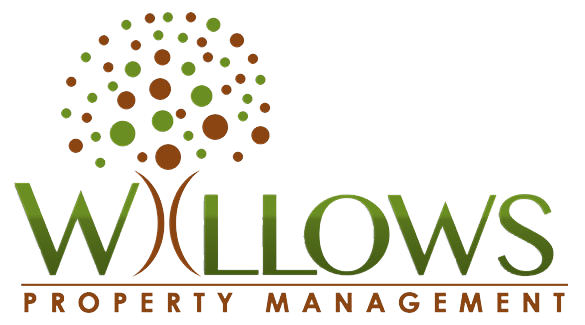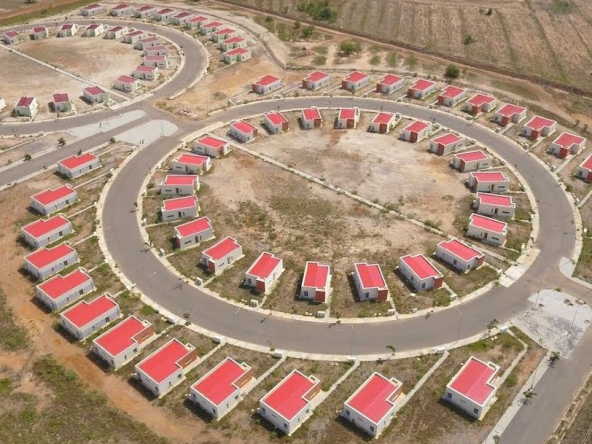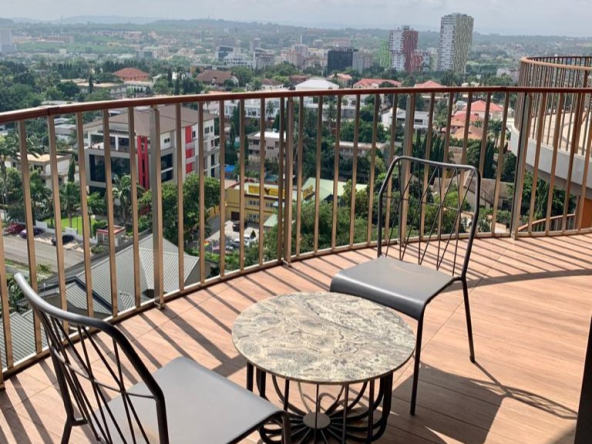If there is one question that gets asked of us developers more than any other, it is most certainly the question of price: why are home prices in Ghana as high as they are when the cost of labor – one of the main drivers of real estate costs in the US and Europe – is comparatively lower in Ghana than abroad? The answer to this question is fairly simple, but the practical solutions are a little more complex.
In our view, you have to look beyond traditional misconceptions of high land prices, extortionate property developers or diaspora buyers crowding out resident Ghanaian buyers. There is a perception that property developers are making huge profit margins. That’s not actually the case. The number of uncompleted projects should signal to people that the industry is not a one-way street to riches.
Some of you may have heard the term “island economics.” It’s a euphemism for the fact that everything on an island (save for coconuts and bananas) is more expensive than on the main land. If only a few people are living on an island, it means there is little opportunity for scale or local manufacturing. Goods have to be imported, meaning they need to be purchased in advance with lead times, and shipping costs as well as tariffs at the port. All these get factored in to the price at the supermarket.
While Ghana is no island, it shares many of the attributes of an island. Despite the ECOWAS vision of a single currency and economic zone, cross-border trade between West African countries is incredibly low. Poor road infrastructure, limited rail connectivity and red tape at checkpoints are just some of the contributing factors. Additionally, demand from the emerging middle class in each country individually is not enough to sustain the local production of tiles, sanitary wares, ironmongery, window glass, and the many other items needed to build homes.
Lacking scale on their own and unable to merge demand across borders to create scale, each of the West African countries instead turns to China, India and other global manufacturing hubs to purchase the materials they need to make their homes. This has a profound impact on costs.
Take for example, tiles. When we purchase tiles from Italy or anywhere else abroad, they aren’t delivered directly to our site by the vendor (as they would be if we were building in Rome). They go to a ship and the ship delivers them to Tema port where we pick them up. Because of the international supply chain, we don’t have the chance to inspect the order at our site and reject the tiles that have broken.
The rule of thumb we use is that every “touch” results in a loss of two to five per cent. By the time we offload in Ghana and deliver to our site, there will have been four touch points. So we are lucky if we end up with 85 per cent of the materials that we paid full price for – and that is before installation and petty breakage.
Furthermore, under the current tax regime, we pay approximately 50 per cent duty and VAT on materials when they arrive in Ghana. So were those materials to cost $100,000 we pay $50,000 to clear them, $5,000 in shipping and logistics charges, and an additional $5,000 in bank transfer charges and local financing costs (if borrowing to purchase). That means that the exact same materials we would use in Italy for $85,000 end up costing $160,000 in Ghana – almost double the cost.
The simple answer to the question then is this: Ghana real estate prices are high mainly because materials are expensive.
There is no quick and easy solution. In our opinion due to the dominance of the hard-to-tax informal sector in our economy, governments have relied heavily on import duties rather than income tax as a means of taxation. Whether we like it or not, this has a direct effect on the price of goods, including real estate.
Then there’s the longer-term issue of how to encourage local or regional production.
What does all of this mean for a prospective buyer?
So long as the status quo remains, in order to get value for your money, you have to make sure that you buy from home builders who are experienced at putting together all of these expensive materials. If you don’t, you run the risk of buying a home that won’t last over time.
Look for longer warranty periods, since these are a sign of quality and durability.
Given the high-priced ingredients in our quasi-island economy, it’s worth the extra cost to make sure you hire the right chef. At the end of the day, value for money is more important than absolute price over the long term.




